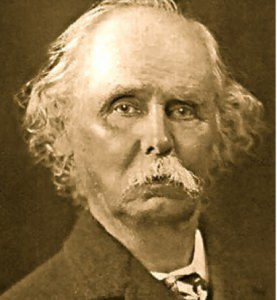Marginalism

What is marginalism?
Marginalism comes from the concept of value. The greatest classical economists such as Adam Smith, mentioned that the value of a good depends on the number of hours of work needed for its manufacture. In the nineteenth century, other economists such as Alfred Marshall argued that it is in fact the usefulness of a good which determines its value. This is the theory of exchange value.
This principle is not the only one to set the price of goods. Abundance and scarcity also regulates the price of goods. A rare and valuable good is not useful for a person’s survival, but it is more expensive than something as abundant as water, which is essential.
So the importance of a product is not what sets the value of a good, but the combination of its scarcity and attractiveness.
Limits of marginalism
This theory cannot give a rational explanation for all the events related to the value of goods on the market. This is based on a market where supply and demand are in perfect balance, which is not the case in reality. Marginalism also does not take into account the development of an offer over time. The weakness of this theory is its inertia, while capitalism has the advantage of developing due to its dynamism.
Quote about marginalism
"Once more, most of the major distinctions marked in economic language are not differences of category but of degree.”
Alfred Marshall

Why do I trade CFDs and Futures at the same time?
Why do I trade with ProRealTime CFD and ProRealTime Futures?
Try a Free Demo Account or a Real acount






No comment for Marginalism Be first !